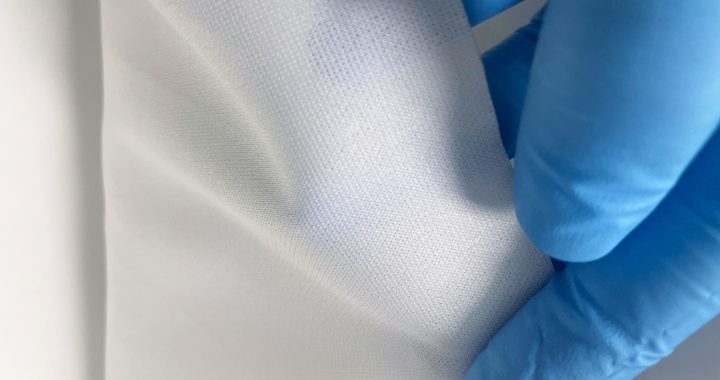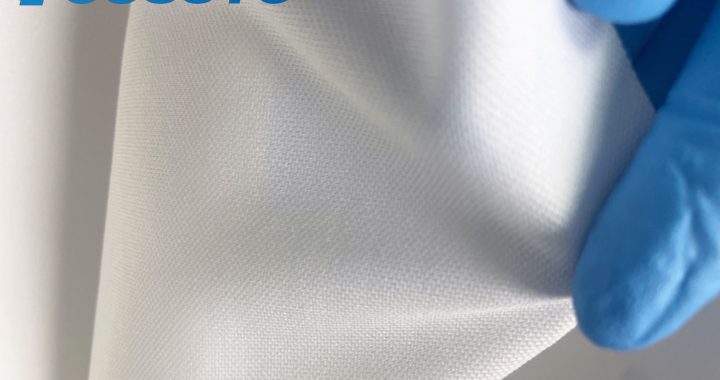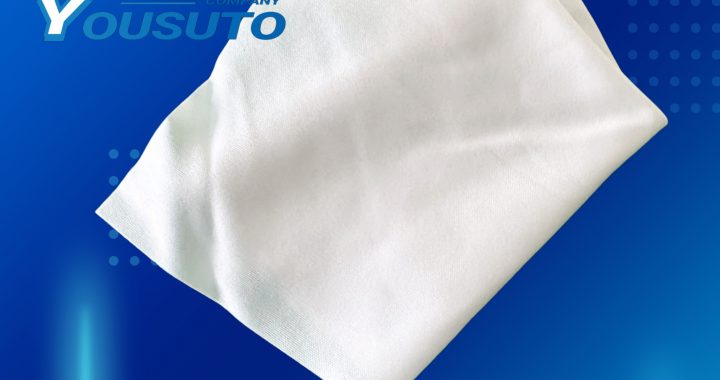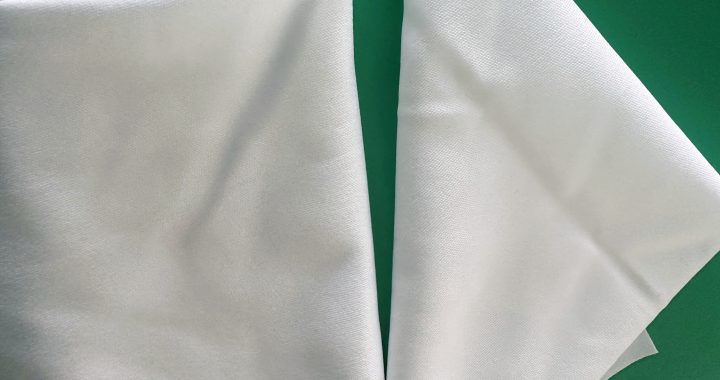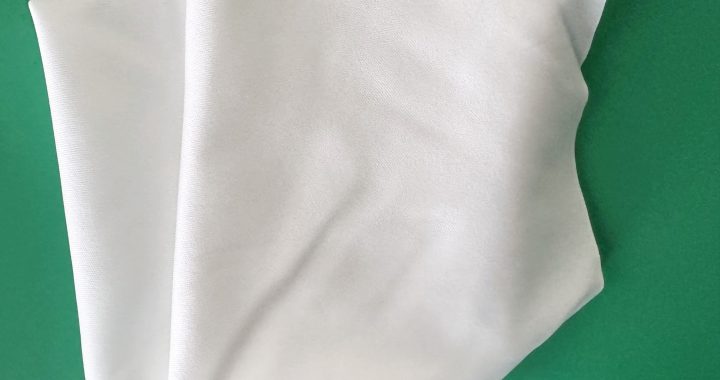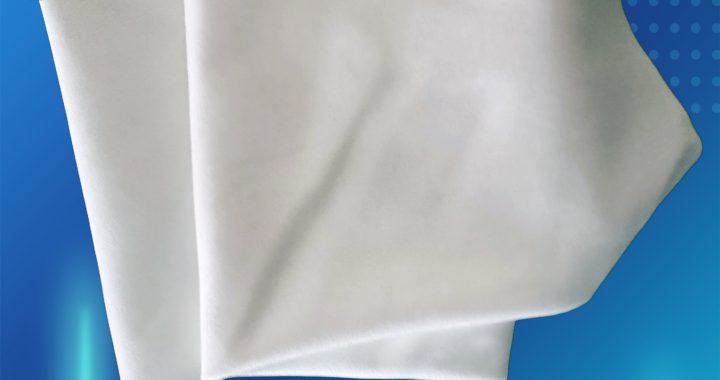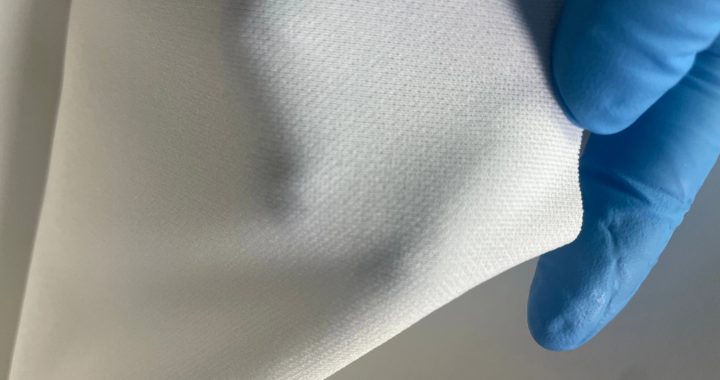Cleaning wipes play a critical role in preventing electrostatic discharge (ESD) when maintaining precision instruments in semiconductor laboratories. Pre-wetted, lint-free wipes efficiently remove dust, oils, flux residues, and microscopic contaminants from sensitive surfaces without generating static. Anti-static properties minimize the risk of ESD, protecting delicate components such as microelectronics, optical lenses, and testing equipment. Single-direction wiping techniques enhance contaminant removal while avoiding particle redistribution. Suitable for Class 100–1000 cleanrooms, these wipes improve instrument reliability, maintain performance, and support stringent laboratory and semiconductor manufacturing standards.
Key Features:
-
Anti-static to prevent ESD on sensitive instruments
-
Lint-free and high-density fibers for scratch-free cleaning
-
Pre-wetted or dry options for versatile use
-
Effective removal of dust, oils, and microscopic residues
Application Scope:
-
Semiconductor laboratory precision instruments
-
Microelectronics and PCB assembly areas
-
Optical lenses and imaging systems
-
Cleanroom equipment maintenance and handling
